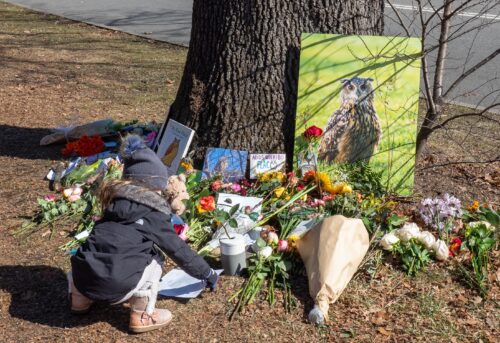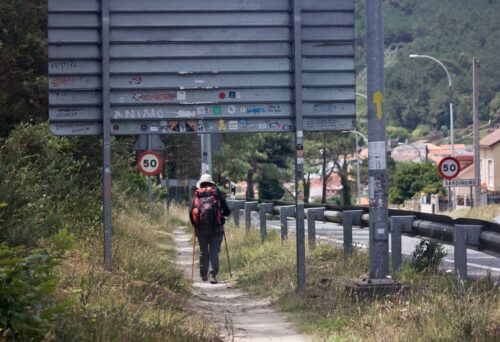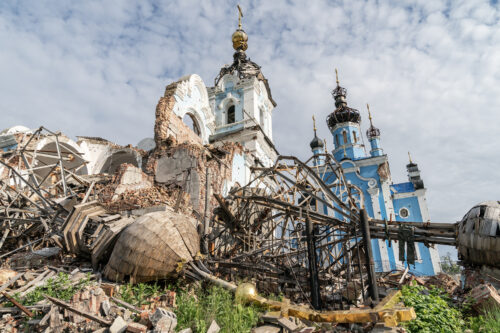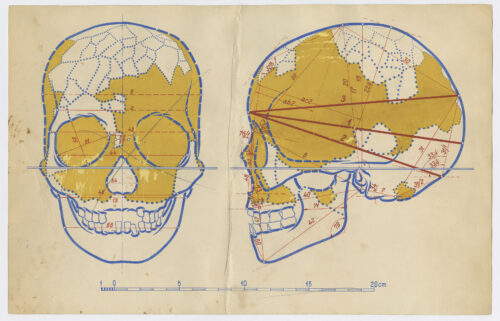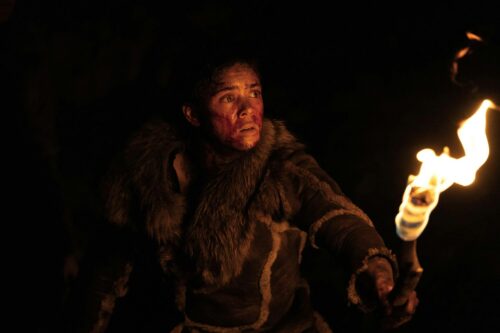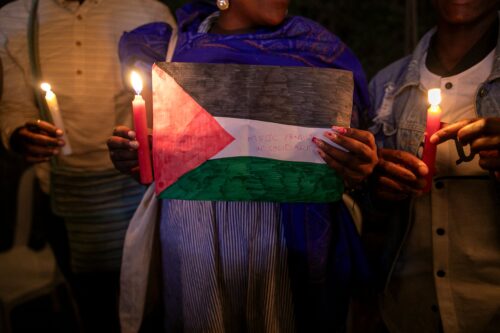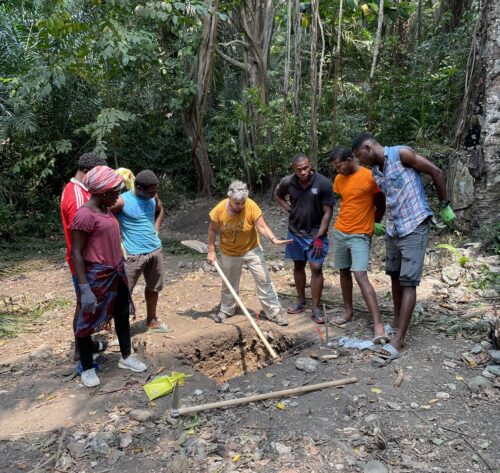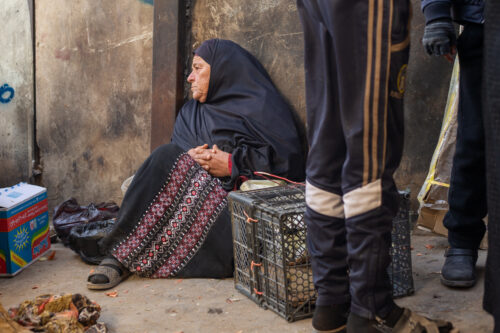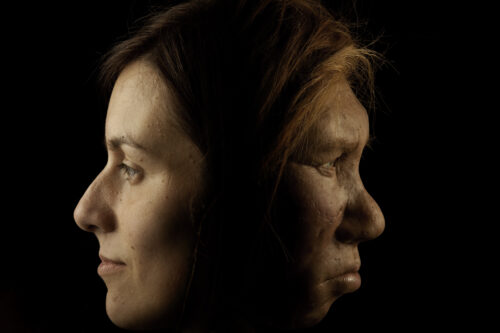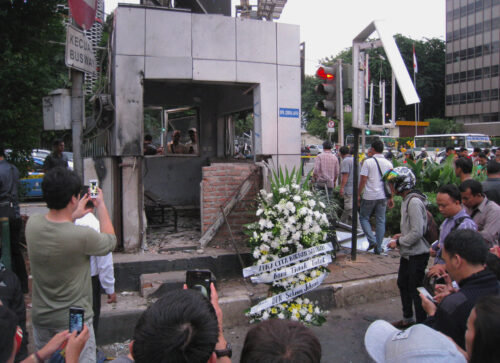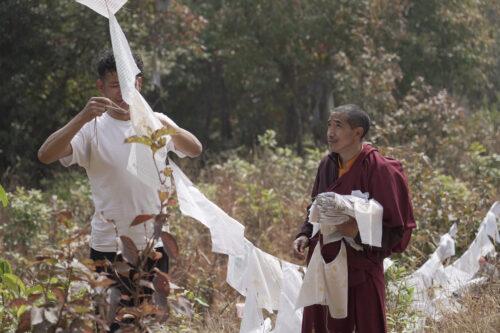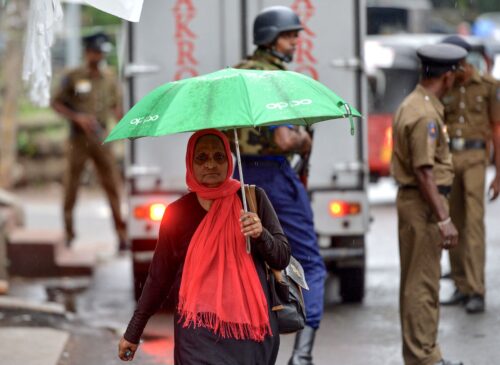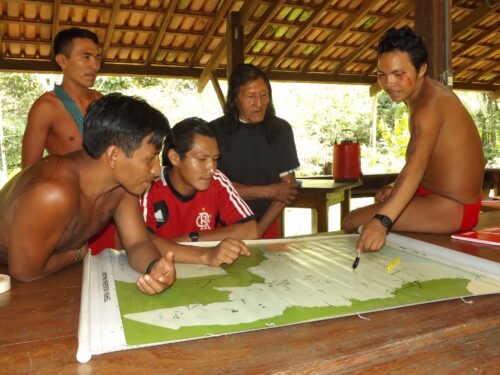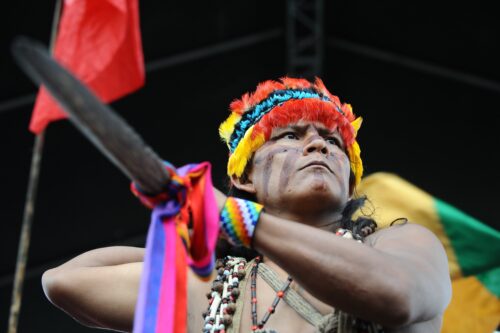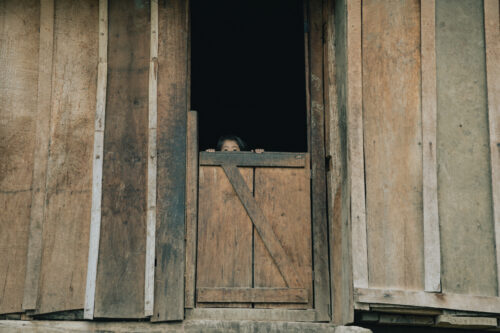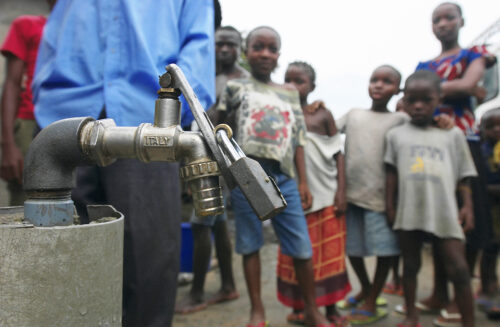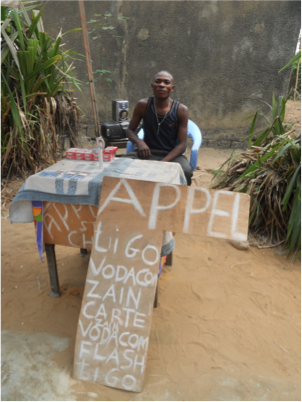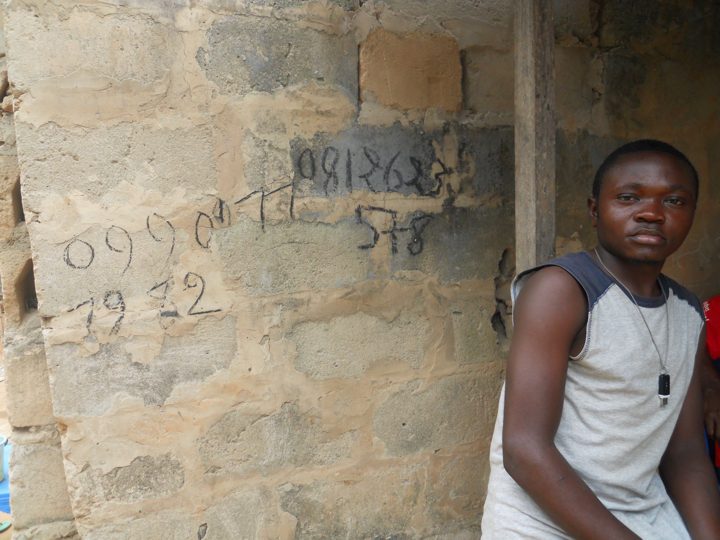Do Mobile Phones Set Citizens Free?
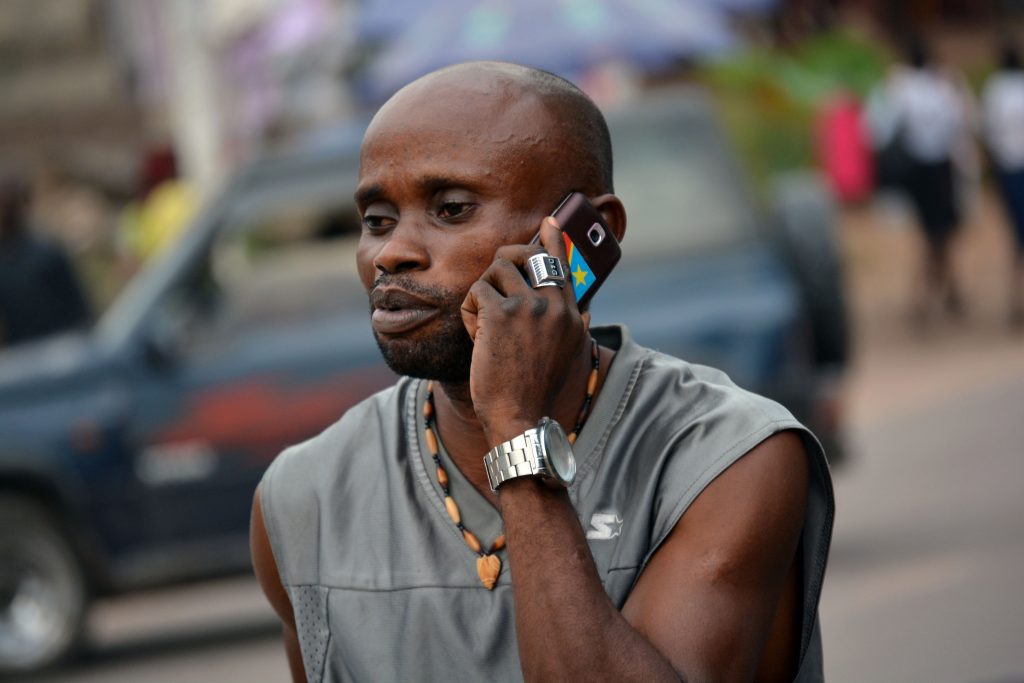
Today there is a general “hallelujah” mood surrounding the emancipatory possibilities of digital communication technologies (mobile phones, smartphones, and social media). The combination of easy, mobile internet access and social media has been hailed as revolutionary: Citizens can now gather information and organize protests like never before, with the democratic uprisings of the Arab Spring collectively serving as poster child for the trend. Some even claim that mobile phones and social media will lead to more democratic, more transparent, more peaceful societies.
Yet despite all this optimism, my ethnographic research in the Democratic Republic of the Congo’s capital of Kinshasa shows that the use of these digital tools is far more ambiguous, and that it is important to also pay attention to the other ways in which new media are utilized by citizens and states alike.
Mobile phones and social media are employed by governments for surveillance and repression, and they are also used in corrupt and fraudulent ways throughout the government, civil service, and citizenry of the Democratic Republic of the Congo (DRC). As the DRC heads towards its next potentially turbulent election in 2018 it should be noted that these technologies will not necessarily prevent political violence. Mobile phones can help people challenge a brutal, corrupt, deceptive state, but they can also aid people in carrying out their own forms of brutality, corruption, and deceit.
The DRC (or Zaire, as it was called from 1971 to 1997) was the first African country to install a mobile-phone infrastructure when former President Mobutu Sese Seko established a cellular communications network in the mid-1980s. Around that time, the president’s political power started to show its first cracks. The economy plummeted. Control of communication and spying became important tactics of Mobutu’s governance. State officials and the political elite started carrying around clunky Motorola phones (which were popularly called “bricks”) with giant antennas.
For many people in Kinshasa, their first experience of cellphones was a fearful one: Spotting a “brick” meant one had to be careful not to discuss politics or the president, for fear of reprisals from the hiboux, or owls—Mobutu’s death squad that terrorized the population. The association of Motorola phones with secret agents even inspired the expression “talking like a Motorola” (koloba lokola Motorola). Someone who “talks like a Motorola” gossips about others in ways that might embarrass them or cause them to be harmed.
The “bricks” were superseded by newer technology and the expression died away. The mobile phone shifted from being a government tool for spying to a public tool for disclosure of corruption, revelation of political excess, and revolution throughout Africa. Text messages have helped to spur political change in countries such as Uganda, Kenya, and Zimbabwe.
Governments have reacted with fear. In many African political systems, including the DRC’s, transparency—one of the keywords of the imagination of democracy—is met with much suspicion, as it can lead to weakness and open doors to colonization by other countries, thereby limiting sovereignty. As a result, mobile phones, which facilitate freedom of expression and the free flow of information, are perceived as instruments that can produce internal dispute and destabilize regimes.
After two presidential candidates claimed to win the 2007 election in Kenya, the government tried to clamp down on communication by instigating a monthlong ban on media broadcasts. Many people turned to cellphone text messaging (SMS) to spread news and information. Citizen journalists utilized social media and blogs to document confrontations between police and demonstrators and to hold people accountable for their actions.
But others texted messages that incited violence and spread messages of ethnic hatred. One such message reportedly read: “No more innocent Kikuyu blood will be shed. We will slaughter them right here in the capital city. For justice, compile a list of Luo’s you know…we will give you numbers to text this information.” Within months, around 1,500 people in Kenya were killed and at least 500,000 more were displaced during the ensuing unrest.
Since 2003, I have spent a total of 48 months in Kinshasa, conducting research on the city’s media landscape through formal and informal interviews with phone users, political leaders, ministries, and cellphone companies. I have discovered that citizens are using their mobile phones to reproduce the state’s methods of fraud and deception—sometimes for bad, sometimes for good. Indeed, fraud and deception are common in the Congolese capital.
One woman I know had a former lover put her on the payroll of the local town hall, and she collects a salary for doing no work. If someone calls to see why she isn’t in the office, she simply says she’s sick and will return next week. Such subterfuge is seen as a viable means of making money in Kinshasa. Cellphones, which allow users to be anonymous or falsify their names, aid the schemes.
Mobile phones can also be a great help in deceiving people for other reasons—such as freeing oneself from corrupt state agents. During my doctoral thesis work in Kinshasa in late 2004, I was pulled over by police who saw a young white woman as a vulnerable target for extortion. I called a friend, who, as we had prearranged, called back with a blocked caller ID and asked to be handed over to the policeman. He pretended to be a major in the army, gave a false name, spoke with an authoritative voice, dropped some names of well-known military generals who he said he knew very well, stated that I was his girlfriend, and told the police to let me go. It worked. My cellphone set me free—not only through information and collaboration, but also through trickery.
The DRC government has repeatedly threatened to block subscriber identity module (SIM) cards that aren’t registered with an identity and mailing address. But this has proven to be impractical and impossible to enforce. In December 2011, between the last presidential election and the announcement of the winner, the government shut down the text-messaging services of Congolese cellular companies. People turned to social media to spread information, and they purchased SIM cards from abroad to continue sending text messages.
Mobile phones are helping to set citizens free, expose wrongdoings, and criticize governance: political cartoons and critiques of the government circulate rapidly in Kinshasa by SMS and social media. But mobile phones are also being used to conceal, threaten, and deceive. At times, they challenge corruption; at times, they perpetuate it. People employ mobile phones both to outfox a corrupt policeman and to fraudulently collect a salary.
The technology should not be seen as a panacea for bad governance, corruption, oppression, or violence. It should be recognized for its full range of possible applications—to liberate, to oppress, to expose corruption, and to intimidate citizens and leaders.
